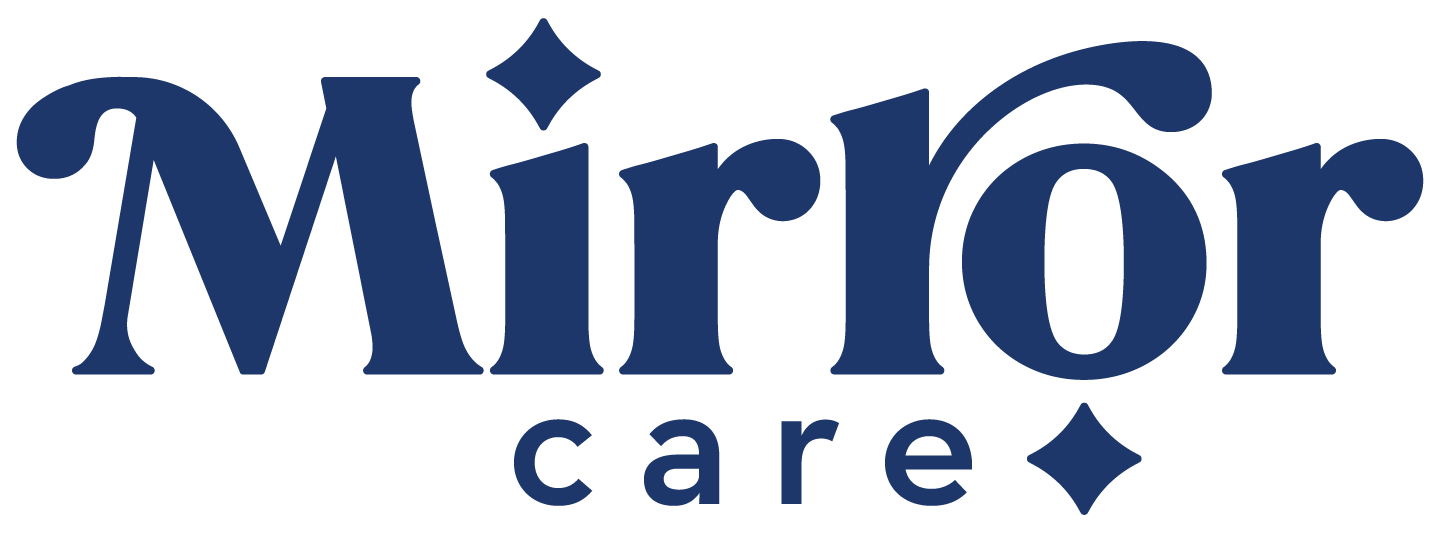Estrogen and progesterone are typically considered the two female sex hormones. But did you know men produce both estrogen and progesterone naturally too, though in smaller amounts?
Estrogen plays a critical role in the developing and adult male reproductive organs, as well as having other nonreproductive benefits. Progesterone is the precursor to many hormones, including testosterone, the sex hormone that develops male features like body and facial hair, deeper voice, and muscle strength. It is the chemical compound that helps to create some other hormones in your body. In women, both estrogen and progesterone are secreted during the menstrual cycle, play a role during pregnancy, and are a part of the contraceptive mix of birth control pills.
What is estrogen?
Estrogens are sex hormones naturally produced by your body that are important for sexual and reproductive development. Estrogen is produced by both males and females, although females typically have higher estrogen levels than males do. The term “estrogen” refers to all of the chemically similar hormones in this group: estrone, estradiol (primary in women of reproductive age), and estriol.
The ovaries, testicles, fat cells, and adrenal glands produce estrogen. It is important for female puberty and regulating the menstrual cycle, as well as affecting pregnancy and menopause. Estrogen is also important for the male reproductive system. Estradiol in men is essential for modulating libido, erectile function, and spermatogenesis (the process of sperm cell development).
Research now shows that estrogen helps almost every organ system
Protects your heart – Estrogen is good for your heart by keeping cardiovascular tissue healthy. It also helps to keep your blood pressure stable. When your estrogen levels are optimal, it helps keep blood triglycerides (a type of fat) low, increases HDL cholesterol (the good kind), and lowers LDL cholesterol (the bad kind). There is also some evidence that men who have just the right amount of estrogen in their bodies may have better chances of surviving chronic heart failure, according to a Polish study published in the May 2009 issue of the “Journal of the American Medical Association.”
Protects your brain – Estrogen protects your brain by helping maintain proper blood flow. It also protects against inflammation and disease. It even assists in helping with memory and fine motor skills.
Improves your muscle mass and bone density – The hormone also plays a vital role in the growth of your bones and improving muscle mass. It helps protect against osteoporosis, a condition in which bones become weak and brittle from loss of tissue. Estrogen works with vitamin D, calcium and other hormones to effectively break down and rebuild bones. As estrogen levels start to decline in middle age, the process of rebuilding bones slows, with postmenopausal women eventually breaking down more bone than they produce. This is why postmenopausal women are four times more likely to suffer from osteoporosis than men, according to the Cleveland Clinic.
Improves skin – Studies have shown that estrogen appears to aid in the prevention of skin aging by increasing skin collagen content, which helps to maintain skin thickness.
Boosts your mood – The hormone is known to help keep serotonin levels regular (those “feel-good hormones”) and help the effectiveness of endorphins. It can even aid in protecting nerves and encouraging nerve growth.
Improves sex – Estrogen is vital when it comes to your sex life. For women, the hormone keeps your vagina lubricated so sex is enjoyable. When estrogen levels are low, vaginal walls get thin and produce less lubricant. The elasticity of the vagina decreases during menopause, and sex can be painful. Research now shows that estrogen can be beneficial for women if hormone replacement therapy is started sooner rather than later (at the onset of menopause).
What is progesterone?
Progesterone is a sex hormone that the body produces in several locations: (1) the adrenal cortex, the outer region of the adrenal glands, which sit above the kidneys, (2) the ovaries and testes, and (3) the ovarian corpus luteum during the first 10 weeks of pregnancy.
Progesterone plays an important role in regulating blood sugar, building bone mass, regulating brain activity, and developing intelligence and body functions. It also contributes to the process that converts fat into energy, regulates thyroid hormone production, and can help reboot libido. Aside from this, progesterone is a natural antidepressant, an aid to normalizing blood clotting, a contributor to initiating sleep, and a natural diuretic along with many other vital functions.
Progesterone can also inhibit breast cancer cell growth. The effects of progesterone on breast cancer T-47D cells require activating the p27 gene promoter, which is promising against breast cancer progression.
Progesterone promotes brain health
Aids cognition – Progesterone has been linked with improvement in cognitive function (the mental process of understanding through thinking, reasoning, and remembering). Several clinical studies have shown that progesterone may even have protective qualities in the brain (known as “neuroprotection”). It is thought to play a role in protecting and even repairing the myelin sheath in the brain after an injury has occurred.
Helps growth of nervous system tissue – Nervous tissue is a group of organized cells in the nervous system, which is the organ system that coordinates and controls the body’s movements.
Regulates mood – For men and most women, progesterone is good for mood because it converts to a neurosteroid called allopregnanolone which calms GABA receptors.
May prevent epilepsy – A study conducted in 2013, discovered that progesterone (and estrogen) may have an impact on epileptogenesis in children and adults. Epileptogenesis is the process by which the normal brain develops epilepsy over time. Hormones play an important role in children and adults with epilepsy.
As men age, testosterone levels decline and estrogen levels start to rise. Progesterone levels in men drop sharply as estrogen levels climb, causing symptoms such as:
- low libido
- hair loss
- weight gain
- fatigue
- depression
- gynecomastia
- erectile dysfunction
- impotence
- bone loss
- muscle loss
Signs of low progesterone in women include:
- abnormal uterine bleeding
- irregular or missed periods
- spotting or abdominal pain during pregnancy
- recurrent pregnancy loss
- early labor
- ectopic pregnancy
A 2018 study found that low progesterone may lead to more severe symptoms relating to the menstrual cycle, including:
- mood changes
- anxiety
- depression
- weight gain, bloating, and swelling due to fluid retention
- breast tenderness
Also, changes in progesterone levels may lead to migraines.
Having optimal progesterone levels lower health concerns such as prostatitis or prostate cancer (in men), anxiety, inflammation, fat metabolism, libido, elevated blood sugar, osteoporosis, and insomnia. See a trusted healthcare provider if you have questions about your hormones and how they may be affecting your well-being.
How Can We Help?
Legal and Privacy
Quick Contacts
- (630) 884-4449
- Questions@mirror.care
-
Mirror Care Pharmacy 17W535 Butterfield Rd Suite 001
Oakbrook Terrace, IL 60181
Receive Updates from Mirror Care
- Copyright 2026 Self Therapeutics, LLC


Leave a Reply